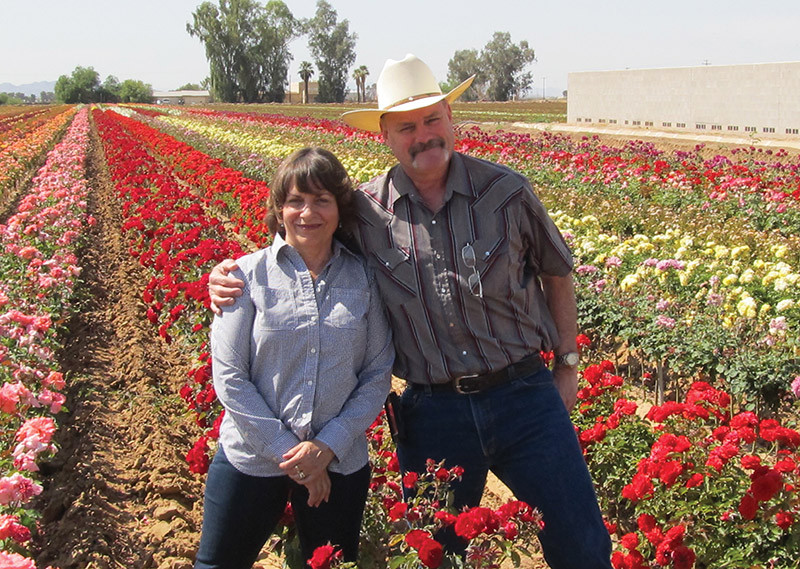
Answers on the Internet
Thanks to the web we are able to make purchases, look up an astronomical amount of information, download music and videos, etc., right from our desktop or mobile device.
So you have a question and you want or need an answer. You Google your question and get back multiple answers, so now what? You are now at a crossroad.
Which answer do you go with? This might be hard to answer, especially if it relates to a purchase and you’re looking at cost. If it’s medically related, you probably need to do more investigating. If it is tech related, the same thing is true.
How much value and trust do we give all these answers? I’ve done this myself, ask a certain question, and get back multiple answers. Then there are the ones that come back with, “Try this, I did it and it worked for me.” Who are you and why should I trust an anonymous, unknown testimonial?
You Get What You Pay For
Just about all of us try looking for answers on the internet. Why? Because they are free. Do we want answers or advice? Seems like a lot of people are willing to give you their advice. I have a question for you: If you are after free answers or advice and you implement one and get not-so-good results, who is at fault? Who is liable?
This reminds me of an old cartoon that states, “Free advice 5¢, accurate advice $100.” You can only be your own judge. I know there are a lot of people out there who think that professional people — doesn’t matter which industry they’re in — should give free advice. My question to you is WHY?
These people have spent years in school, colleges, universities and even technical school working on their professions. Some have paid their dues, while others are still paying off student loans, so why should they spend years getting educated only to give out free advice? If they work for a company, in which that is part of the requirement, then they should be doing that but not for all.
When we email or call a professional we need to fully understand who we are calling and what we are asking of them; is it appropriate? When we rely on information from a source we cannot identify, the answers are less useful even if they are correct. The responsibility is always placed on you — the questioner — to determine how to use information. If you want or need more help you need a consultant or Extension expert.
Where to Start
I would suggest starting by identifying several reliable sources on the internet. The first sources I would check would always be university sites. They usually present the information in a way that is suited for the horticultural industry. I also would check websites of companies that we work with in horticulture, such as product manufacturers and consultants. The last place I would rely on is a gardening website. Although the authors may be professional gardeners, they are not usually able to explain details that a horticultural industry worker needs. After all, rarely are we just interested in knowing what is wrong — we want to know how to manage it.
If I don’t know what is wrong with a crop, I often resort to searching images on the internet. If you simply say citrus
leaf spot, you will have hundreds of images to wade through. Try to narrow down the possibilities. For instance, citrus (or lemon, orange, etc.) nutritional (or fertilizer) problem. This requires an accurate identification of the crop and a thorough understanding of what words to use to describe the symptom. I try both technical and common terms. If the plants are not green, I would try yellowing as well as chlorosis. If the plants are small, consider saying that as well as short or stunted. I also often change the order I enter the words. It sometimes changes what comes up as an answer. If you really like technical stuff, then try Google Scholar. I rely on it to find new scientific articles, but it is full blown science and not very grower friendly at times.
I sometimes answer people’s direct questions but not if they have made no real effort to figure it out themselves. If someone has an image and narrowed down the possibilities or has a diagnosis, I am more likely to want to help. Overall, I would suggest taking at least some of the responsibility for finding answers before asking for help.
One final thought — the search engine you use affects the results. I prefer Google for work over the others I have tried. I do not like the internet trying to tell me what I want to know, so I search as many sources as possible and never stop with the first entry. There is almost never just one answer to a problem, although there might be one cause.
Chase Agricultural Consulting, LLC was formed at the end of 2011 when Ann (A.R.) Chase and Mike Zemke moved to Arizona. Ann has more than 35 years experience in research, diagnostics and practical consulting in plant pathology. She has been retired from the University of Florida – Mid Florida Research and Education Center in Apopka since 1994, but remains on staff as a Professor Emeritus. Mike holds an Associate of Applied Science in manufacturing drafting. Mike started his education in horticulture when he and Ann were married in 1995. He specializes in communications of all sorts within the industry.


 Video Library
Video Library 




















